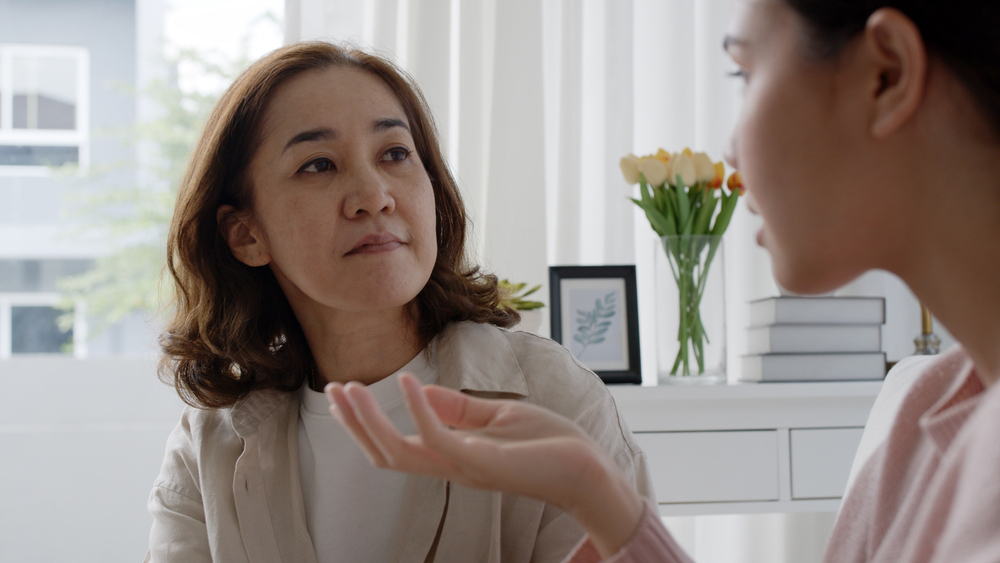Even people who are aware of the scope of our nation’s addiction epidemic may associate the problem solely with younger people, hence overlooking a significant at-risk population of older adults. While some older adults have successfully hidden a drug or drinking problem for decades, others develop a substance dependency later in life. In either case, this issue is cause for concern if you have aging parents.
Why Older Adults Become Addicted
If you suspect your parent might have a substance use disorder, you may wonder how and why it could happen to them. An older adult may develop an addiction for many reasons, including major life changes such as retirement or the death of a spouse.
Growing older comes with considerable physical and emotional losses. Compounding that, your parent may be trying to manage all these challenges while their abilities to seek friendships and other healthy outlets gradually diminish. Retirees with plenty of free time can progress more rapidly with substance dependency because there are fewer people around to notice the resulting changes in their behavior and ask them if they need help.
Physical Consequences of Substance Use Disorders in Elderly Adults
Some people mistakenly believe older adults are too set in their ways to benefit from a treatment program. Other people feel they shouldn’t take away something that brings their aging parent comfort in the golden years. However, you might not realize addiction can be more harmful to older people than any other age group.
With age, the ability to process and metabolize alcohol and drugs declines, and it takes much less to feel the effects. Furthermore, older adults are more likely to take prescription drugs, and when they combine those legally prescribed medications with other drugs or alcohol – even in moderate amounts – the effects can be severe and dangerous.
Start the Conversation Today
If you suspect your parent may be misusing drugs or alcohol, getting them professional assistance is essential. However, you need to go about this process the right way. You cannot force another adult to get treatment, no matter how desperate you feel.
What you can do is wait for a time when your parent is sober and you are in a private location. Then, gently point out the problem and encourage your loved one to accept the reality that they have a problem they can’t solve by themselves. With that seed planted, you can offer to help them find a therapist or treatment facility.
Older Adult Addiction Treatment Programming in California
It is never too late to receive help for addiction. Whether someone has 10 years left or 50, they deserve equal care and compassion. That’s why HVRC has created age-specific programming to address the unique needs of people 55 and older, allowing them to flourish as they work to get healthy and leave their dangerous behavior behind.
Enrolling in inpatient treatment located in the same facility as an accredited hospital gives you the peace of mind that if an emergency arises, your parent will receive immediate professional medical attention. Our program focuses on developing a personalized recovery plan that will support older adults’ long-term sobriety in a safe, comfortable setting. Contact our admissions team to learn more about how we can help your family.


